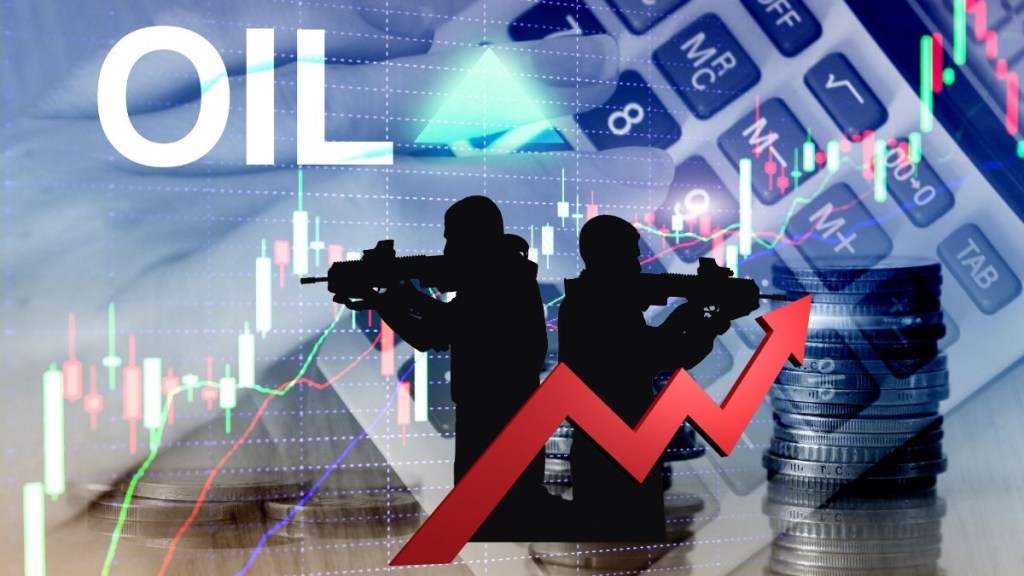It is sixth day of the Israel Iran conflict. While US President Donald Trump has called for Iran’s unconditional surrender, global markets are on tenterhooks. As of now our markets have largely found solace in India’s solid macros to deflect arguments against rich valuations but can it save the day for us going forward?
Kotak Institutional Equities, in its recent report, pointed out that the sudden emergence of the Iran-Israel conflict and the risks of further escalation raises “concerns about India’s hitherto solid macroeconomic position and highlighted the higher geopolitical risks in the new world order.”
Iran-Israel conflict: Why it could be a potential negative?
The Kotak Institutional Equities report by Sanjeev Prasad, MD and Co – Head, Kotak Institutional Equities is titled quite appropriately as “Iran-Israel conflict—just what India did not need.” The report explained that the “emergence and escalation of the Iran-Israel conflict may have negative consequences for the Indian economy and market.”
It highlighted that the “rich valuations of the Indian market, sectors and stocks leave very little scope for any negative developments.” However, the actual impact will depend on the duration, magnitude and nature of the conflict.
According to Kotak Institutional Equities, “the impact on the economy will be felt through higher oil prices, while the impact on the market will be felt through lower earnings and/or lower multiples.”
However, they clarified that the “India’s economy will not be affected meaningfully by $10-20/bbl higher prices, given the size of the economy.” Nonetheless, higher oil prices could weaken one of the “central arguments for high valuations” of the Indian market.
The report highlighted the “limited room for earnings, fiscal or monetary surprise” at the moment. They listed out that –
1.Earnings: Upgrades for upstream oil producers will be negated by downgrades for the downstream oil PSU companies and consumers of oil-related commodities.
2.Fiscal Stimulus: Govt may have no scope for fiscal stimulus.
3.Monetary Front: The RBI‘s neutral stance already highlights its “inability to do more except for in exceptional situations” after the 50 bps policy rate and 100 bps CRR cut in the last policy.
Iran-Israel conflict: Macroeconomic risks
According to Kotak Institutional Equities, “the oil situation has turned sharply and suddenly. The sharp increase in global oil prices in the past few days and the risks of oil prices rising further and staying at elevated levels may weaken India’s macroeconomic position.”
They explained that one of the reasons India’s macro situation was looking solid, was the low oil prices. “In fact, we were hopeful of a fiscal stimulus from the government through lower automotive retail prices and/or lower GST rates,” added Kotak Institutional Equities.
Iran-Israel conflict: Geopolitical risks
Kotak Institutional Equities said that, “higher geopolitical risks demand higher equity risk premium.” The emergence of another regional conflict and the “US as global peacekeepers in the erstwhile ‘rule of law’ world order highlight the increased geopolitical risks in the new ‘rule of might’ world order,” they added.
They believe that the current Iran-Israel conflict could easily descend into another proxy war between economic and military superpowers and may lead to prolonged disruption to crude oil supply with disruption to the movement of oil and gas tankers in the critical Strait of Hormuz.”
As a result, they advocate the need for the markets to factor in a higher cost of capital in the event of a higher geopolitical risks, higher probability of regional conflicts between regional powers and more frequent disruptions to global investment and trade.

